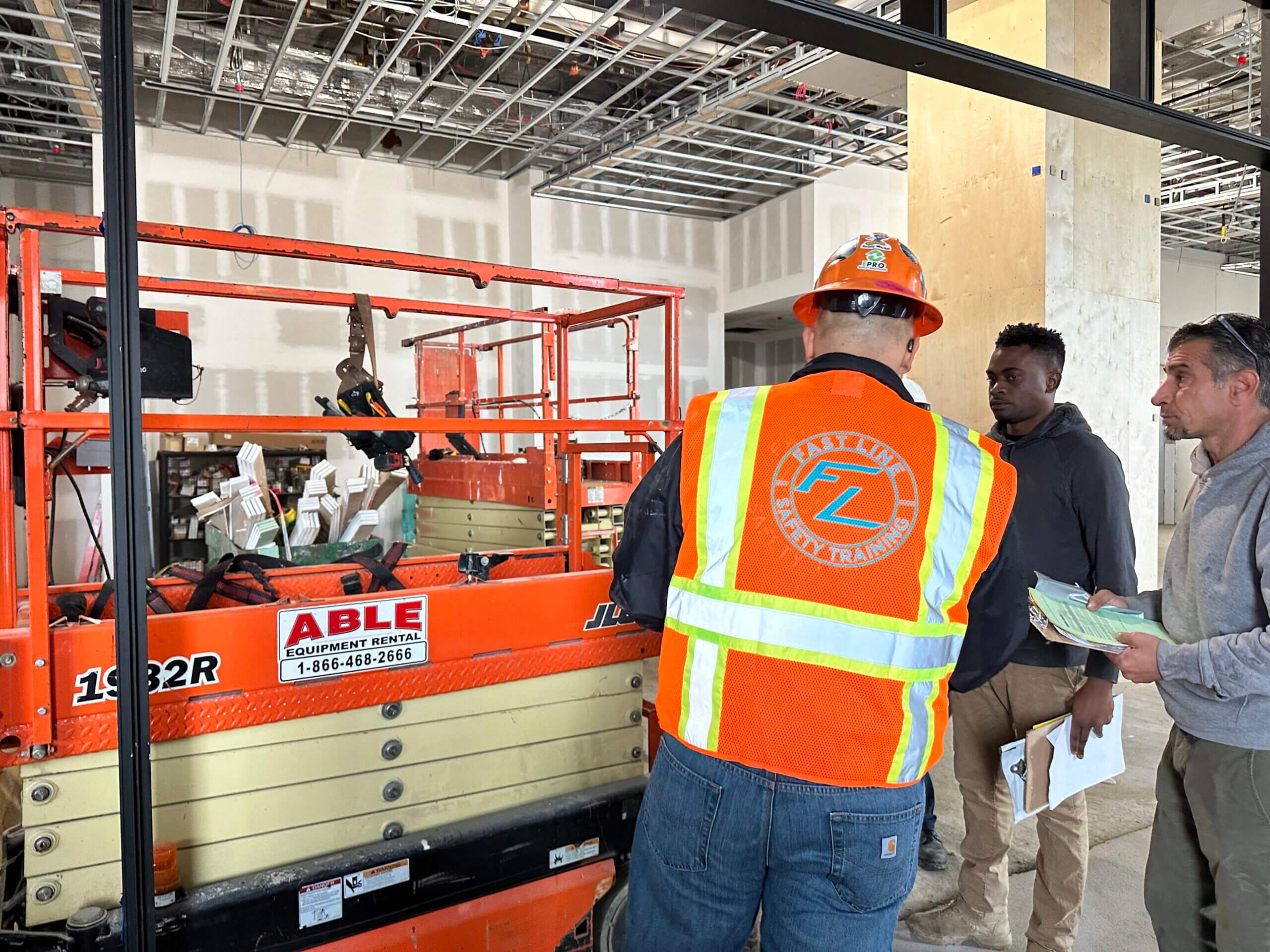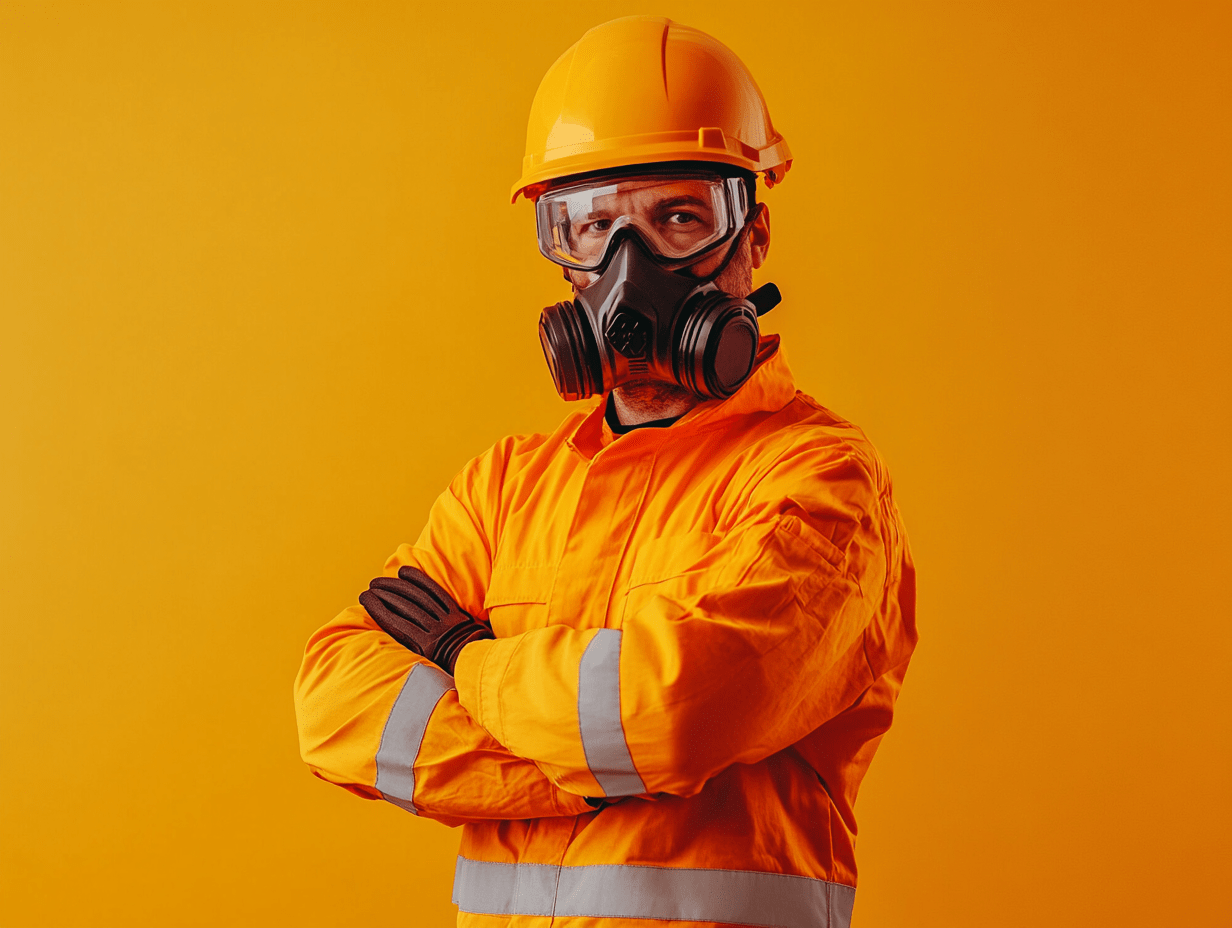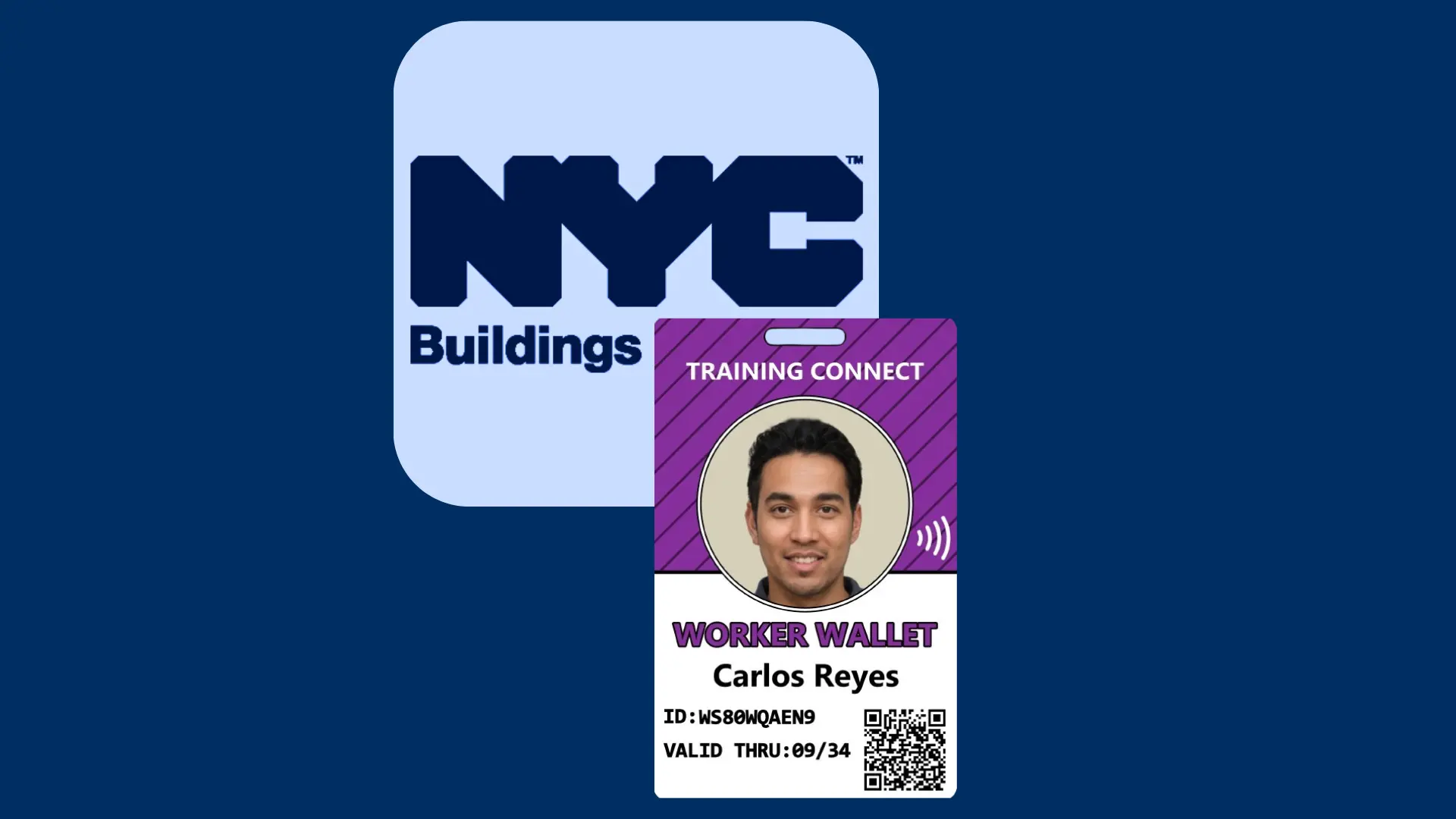Scissor and boom lifts, also known as Mobile Elevating Work Platforms (MEWPs), are indispensable tools in industries such as construction, maintenance, and warehousing. These machines allow workers to safely reach heights that would otherwise be inaccessible, making tasks like building construction, window cleaning, and tree trimming safer and more efficient. However, operating these machines requires specialized knowledge and skills, which is where scissor and boom lift certification comes into play.
Understanding Scissor and Boom Lifts
Scissor lifts are named for their crisscrossing metal supports that contract and expand to raise and lower the platform. They are ideal for tasks that require vertical elevation in a stable environment. On the other hand, boom lifts, also known as cherry pickers, have a hydraulic arm that can extend and bend to reach heights and areas that are not directly above the base. They are perfect for tasks that require reaching over obstacles or working at different angles.
The Importance of Certification
Operating these machines without proper training can lead to accidents, injuries, or even fatalities. This is why certification is not just necessary, but often legally required. Certification programs ensure that operators understand the mechanics of these machines, the safety protocols they need to follow, and how to respond in case of an emergency.
The ANSI A92 standards, which govern the use of MEWPs, were developed to promote efficiency and safety. They classify MEWPs into different groups and types based on their movement and control mechanisms. Operators must meet all new training requirements, participate in extensive planning to consider machine choice and application, and perform site risk assessments for all MEWP operations and training procedures.
Fast Line Safety Training: Your Partner in Safety
Fast Line Safety Training is a leading provider of scissor and boom lift certification in New York. Our comprehensive Mobile Elevating Work Platform (M.E.W.P.) course curriculum combines formal instruction, practical training, and assessment of the operator’s performance in the workplace and with equipment.
We deliver high-quality, hands-on training at your location, making the training process as convenient as possible for our clients. Upon completion of the course, students are issued with double-sided face ID cards equipped with sophisticated QR code technology, guarded by blockchain for secure online verification.
At Fast Line Safety Training, we are committed to elevating safety standards in the industry. Our dedication to safety, quality, and convenience has made us the top choice for scissor and boom lift training in New York.





